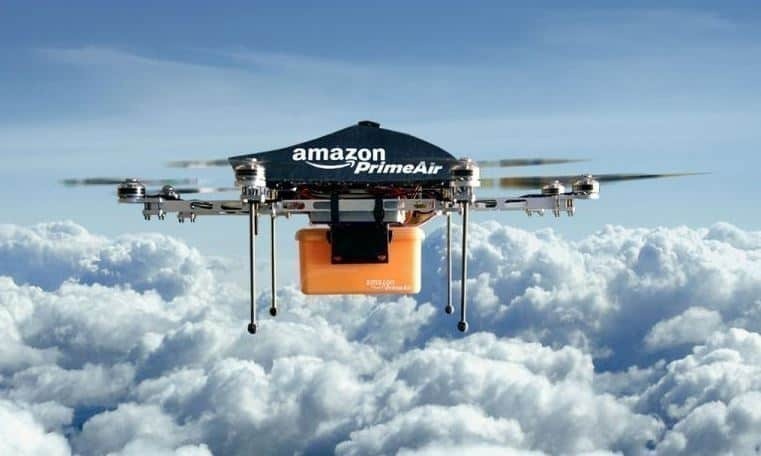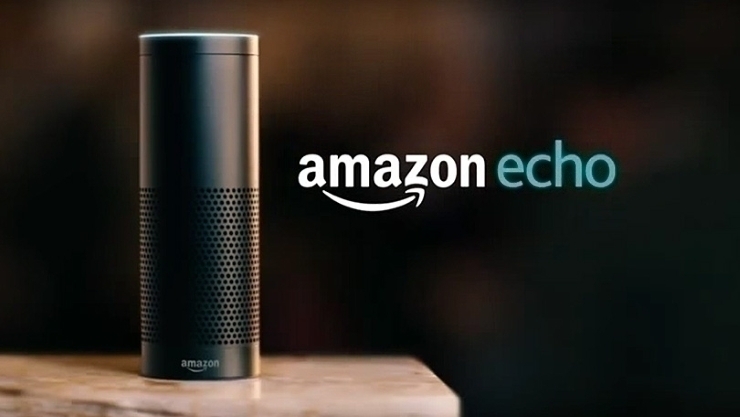The next tech company we’re redefining our relationship with is Amazon. We’re not breaking up, but we are going to set some more healthy boundaries with the A to Z company.
Amazon has never been as creepy as Facebook, or more recently, Google. As a former employee, I can say with confidence that they are very careful with customer data — the data isn’t the fuel for that particular machine, actual purchases provide that. But data is a valuable lubricant that keeps its gears turning. When I was there, all trackable customer data was immediately anonymized. The encrypted customer ID was a carefully guarded secret that didn’t appear in any reports or analysis. But analysis was very much a part of the business. Data from different classes of customers was aggregated to create predictability and targetability — but never against an individual, only against kinds of shoppers. Its entirely likely that Facebook and Google behave the same way internally — but the difference is the amount of personally identifiable information they store. Amazon mostly just wants your address so they can ship you things.
No, Amazon’s guilt lies more in their impact on its work force. This isn’t entirely their fault, though. We all bought into the amazing convenience of clicking “Buy Now” and having something show up surprisingly fast — next, or even the same, day in some markets. It really is remarkable. At some point, though, to push that convenience to the next level, they have to start pushing against human limitations. Our laws and technology aren’t quite ready for drones to deliver things to our door, so to drive down costs and timelines, we need the people in the process to do more and do it faster. That means warehouse workers working harder, delivery drivers delivering more, and customer service serving more customers. The results are self-evident… the warehouse workers are ready to break, the drivers can’t get one, and the customer service has declined.

Last year we tried ditching Amazon Prime. Initially we expected it to be very difficult — we like getting free 2-day shipping, who doesn’t?! But not having that convenience was a trigger to look other places. We tried to buy local more, or at least spread the purchases to some different big box retailers. Sometimes we paid a little more, usually it took longer to arrive, but at least we weren’t the ones making some fulfillment center employee skip a bathroom break, or some Amazon driver pee in a bottle. It wasn’t more convenient, but it did feel more human. The experiment was a success, and despite Amazon’s attempts to sign us back up at every turn, we won’t be joining Prime again (except maybe for a month when the new Jack Ryan season comes out.)
Also getting significantly cut back at our house is Amazon’s robotic offspring, Alexa. My voice was one of those that helped train her — we had early prototypes in our home, listening to our conversations and performing daily training. Initially they wanted only born-and-raised US English speakers, but I convinced the dev team that my background was so diverse that Alexa wouldn’t be confused by any strong Canadian accents or turns of phrase, so they let me bring her home. It was exciting being a part of making a voice interface an actual reality, and we soon had an Alexa device within earshot of almost every part of our home (although she’s never been allowed in a bedroom.)
However, like many other innovative products from that business unit, Alexa is in a tough spot in 2022. Its great when invention starts out for the pure nerdy joy of creating something new, and I’ll always treasure the memories I have of working on so many secret projects. But all gadgets eventually need a way to support themselves — a business model that justifies their existence. Alexa was created with the distant possibility in mind that customers might one day shop with it, or that Alexa users might become more loyal Amazon customers, and thus influence revenue indirectly. In reality, most orders created by voice were probably mistakes, and Alexa herself is… well, she’s becoming rather annoying.

As they’ve added more features, the machine learning algorithm has not improved. This means she gets confused more easily. Our programmed routine to dim the lights for a movie results in instructions on how to make popcorn about 50% of the time.
And if that’s not bad enough, in a desperate attempt at relevance, she’s started notifying us of things… daily. Batteries are on sale! That thing I bought a month ago needs a review! Did we know she could help us with our mental health through daily meditation? Not content to sit and listen quietly, nor to exist just to turn on our lights or spell a word for the kids, Alexa has begun insisting that she needs to be a bigger part of our life. Our reaction to this increasingly pushy robot is to just unplug her. We have three kids, a cat and a bunch of chickens. We haven’t got time for a needy smart speaker too.
So, two Echo devices are being replaced with Apple HomePod Minis. They’re significantly less capable, but also exponentially less demanding. The rest of the Echos, save one in the kitchen, will be decommissioned. Occasionally that’ll meaning turning off a light the old fashioned way. So be it.
Some tech companies are reaching the point of being irredeemable. I don’t think Amazon is there. But I do think its an awfully large commerce engine, barrelling down the information super highway, and it might not be a bad idea for us as consumers to post some speed limits — or for those behind the wheel to tap the brakes every now and then.
Besides, Jeff Bezos is fast becoming a super villain. He doesn’t need any more of my money…



